
Photo by Ashlyn Ciara on Unsplash
In the grand journey of personal development, one area of life often stands as a linchpin for all others—emotional and mental well-being. Emotional and Mental well-being is one of the 7 Areas of the Wheel of Life. It’s the foundation upon which we build a life filled with meaning, purpose, and happiness. This vital aspect encompasses self-awareness, effective emotion management, nurturing a positive mindset, and even delving into the realm of spirituality. In this article, we’ll explore each facet of emotional and mental well-being, discuss the habits and behaviors that can enhance them, highlight their benefits, and emphasize the profound importance of prioritizing them in your personal growth journey.
The Essence of Emotional and Mental Well-being
Emotional and mental well-being is a holistic concept that relates to the health of our inner world. It encompasses our thoughts, feelings, and overall mental state. This life area isn’t just about avoiding negative emotions or stress; it’s about actively cultivating a positive and resilient mental landscape. Here’s a breakdown of its key components:
1. Self-Awareness: The Foundation of Emotional Intelligence
“Emotional intelligence is the ability to recognize, understand, manage, and use emotions in a constructive way.” – John Mayer
Self-awareness is the first step towards emotional and mental well-being. It’s the ability to recognize and understand your emotions and thoughts as they arise. When you’re self-aware, you can pinpoint why you feel a certain way and how your thoughts influence your emotions. This awareness grants you power over your reactions, preventing impulsive and harmful behaviors.
- Practice mindfulness meditation to tune into your emotions and thoughts.
- Keep a journal to track your daily emotions and triggers.
- Seek feedback from trusted friends or a therapist to gain external perspectives.
Benefits of Self-Awareness:
- Improved self-control and emotional regulation.
- Better decision-making based on self-knowledge.
- Enhanced empathy and understanding of others.
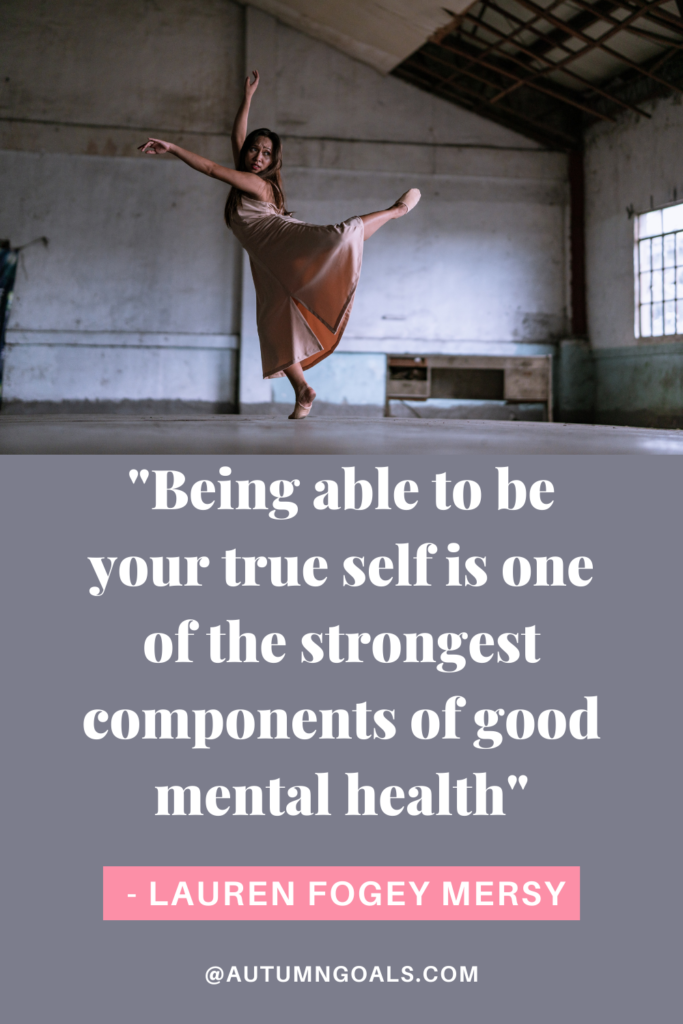
2. Managing Emotions Effectively: Navigating Life’s Ups and Downs
“In times of great stress or adversity, it’s always best to keep busy, to plough your anger and your energy into something positive.” – Lee Iacocca
Effective emotion management is about handling your feelings constructively, regardless of their nature. It doesn’t mean suppressing negative emotions but rather acknowledging and processing them in a healthy way. This skill enables you to maintain mental balance during challenging times.
- Practice deep breathing exercises to calm intense emotions.
- Develop problem-solving skills to address the root causes of recurring emotional issues.
- Engage in creative outlets like art or writing to express complex emotions.
Benefits of Emotion Management:
- Reduced stress and anxiety levels.
- Improved relationships through healthier communication.
- Increased emotional resilience in the face of adversity.
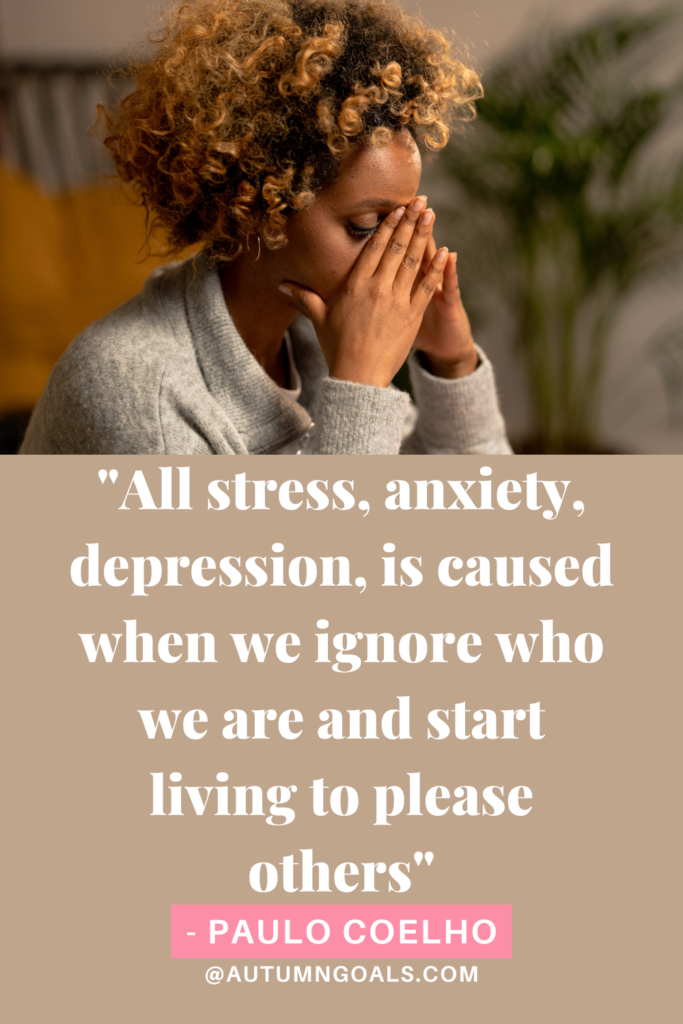
3. Cultivating a Positive Mindset: The Power of Optimism
A positive mindset is like a shield against the challenges of life. It involves framing situations in a constructive light, focusing on opportunities rather than obstacles, and maintaining hope even in difficult times. This mindset is a powerful tool for personal development.
- Practice gratitude daily by reflecting on what you’re thankful for.
- Challenge negative self-talk and replace it with affirmations.
- Surround yourself with positive influences and inspirational content.
Benefits of a Positive Mindset:
- Increased resilience to setbacks and failures.
- Enhanced motivation to pursue goals.
- Improved overall well-being and life satisfaction.
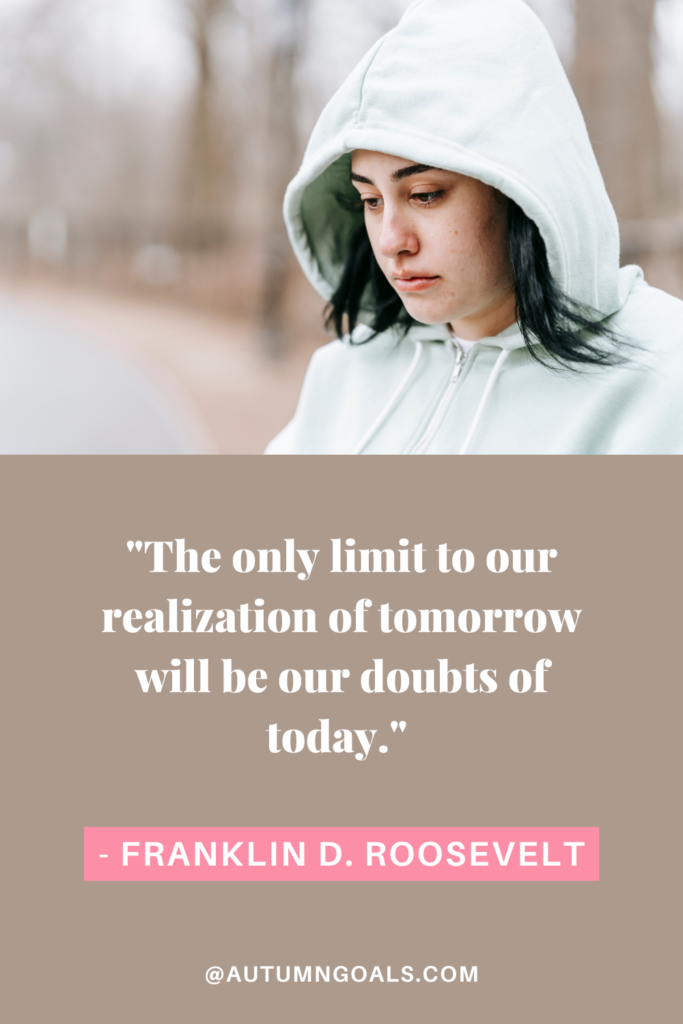
4. The Role of Spirituality: Connecting with the Inner Self
“Spirituality is recognizing and celebrating that we are all inextricably connected to each other by a power greater than all of us, and that our connection to that power and to one another is grounded in love and compassion.” – Brené Brown
Spirituality is a deeply personal aspect of emotional and mental well-being. It’s the pursuit of meaning, purpose, and connection to something greater than ourselves. For some, spirituality involves religious practices, while for others, it’s a journey of self-discovery and inner peace.
- Explore different spiritual practices or belief systems to find what resonates with you.
- Dedicate time for meditation or prayer to connect with your inner self.
- Engage in acts of kindness and service to foster a sense of connection with others.
Benefits of Spirituality:
- Increased inner peace and a sense of purpose.
- Improved resilience in the face of life’s uncertainties.
- Enhanced empathy and compassion towards others.
The Path to Improved Emotional and Mental Well-being
Now that we’ve delved into the various components of emotional and mental well-being, it’s time to explore how to nurture these aspects in your personal development journey. Here’s a comprehensive guide to get you started:
1. Mindfulness: The Art of Being Present
Mindfulness is the practice of being fully present in the moment, without judgment. It allows you to observe your thoughts and feelings without becoming entangled in them. By incorporating mindfulness into your daily routine, you can enhance self-awareness and reduce stress.
- Start your day with a few minutes of mindful breathing or meditation.
- Practice mindful eating by savoring each bite and appreciating the flavors.
- Set aside time for a daily mindful walk, paying attention to the sensations of movement and the environment.
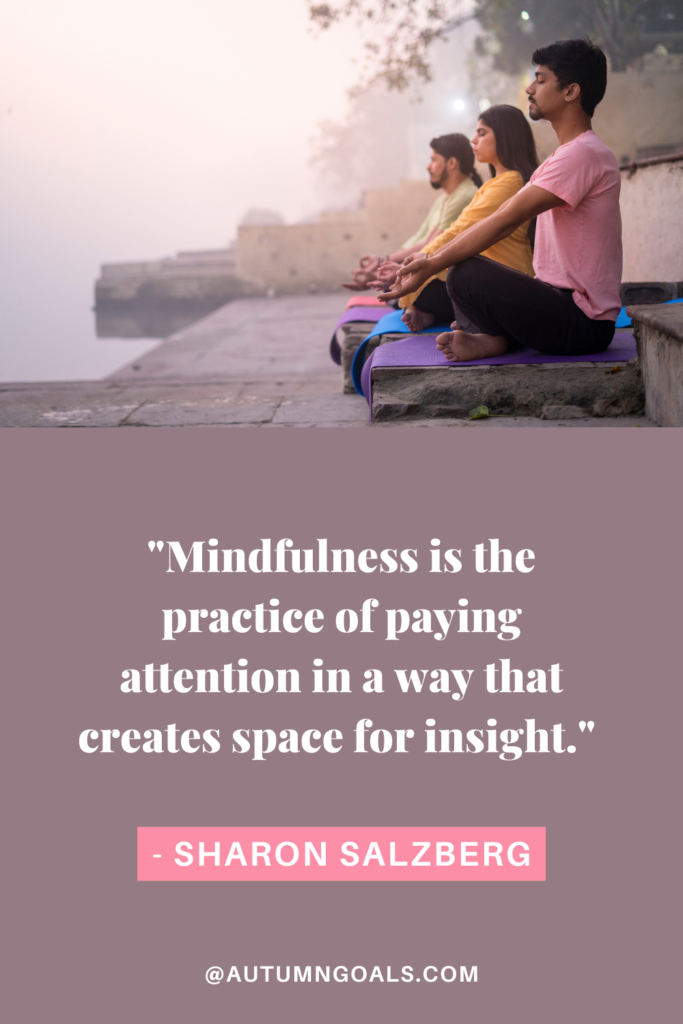
2. Self-Reflection: The Mirror to Your Inner World
Self-reflection is the process of introspection and self-examination. It allows you to dive deep into your thoughts, emotions, and experiences. Regular self-reflection helps you understand your values, desires, and areas for personal growth.
- Journal your thoughts and feelings regularly, asking yourself probing questions.
- Set aside time each week for a personal review of your goals and progress.
- Seek feedback from mentors, friends, or therapists to gain different perspectives on your life.
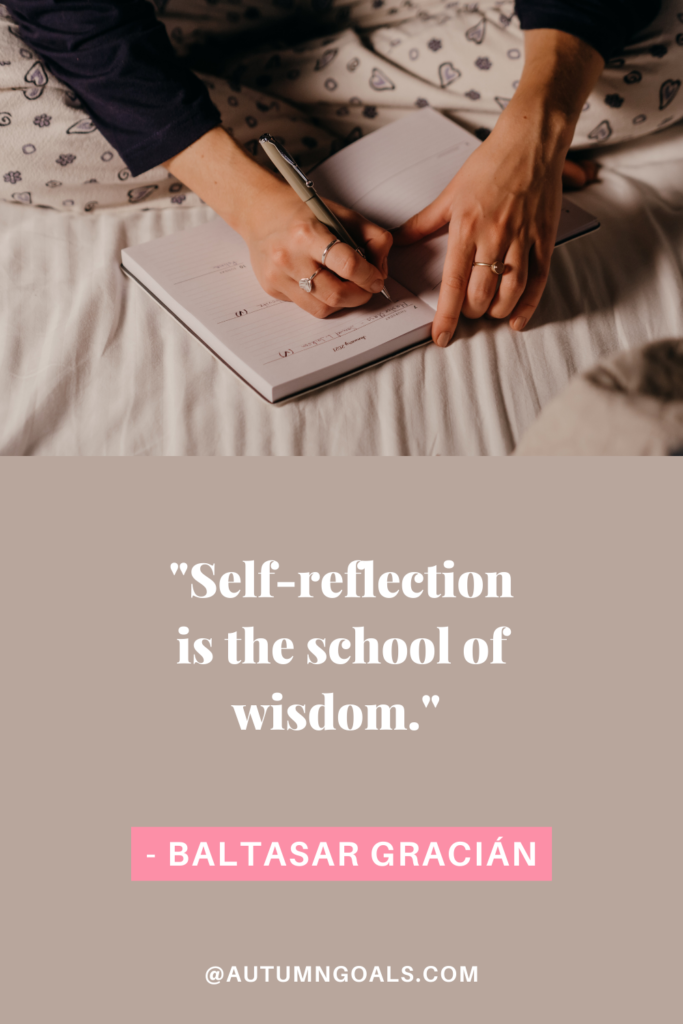
3. Seeking Support: The Strength in Connection
“The closest thing to being cared for is to care for someone else.” – Carson McCullers
You don’t have to navigate the journey of emotional and mental well-being alone. Seek support from trusted friends, family members, or professionals when needed. Sharing your thoughts and emotions with others can provide valuable insights and emotional relief.
- Build and maintain meaningful relationships based on trust and open communication.
- Reach out to a therapist or counselor for professional guidance and support.
- Join support groups or communities centered around personal development and well-being.
The Profound Benefits of Emotional and Mental Well-being
Investing in your emotional and mental well-being yields numerous rewards that ripple through all aspects of your life. Here are some of the remarkable benefits you can expect to experience:
- Enhanced Emotional Resilience: You’ll become more adept at handling life’s challenges with grace and composure, bouncing back from setbacks quicker than before.
- Improved Relationships: With better emotional intelligence, you’ll have deeper connections and more satisfying interactions with others.
- Increased Life Satisfaction: Cultivating a positive mindset and spiritual well-being leads to greater overall contentment and happiness.
- Heightened Self-Awareness: You’ll gain a profound understanding of yourself, your desires, and your purpose, guiding your personal development journey.
- Inner Peace: The practice of mindfulness and spirituality can lead to a profound sense of inner peace and tranquility, even amidst life’s chaos.
The Imperative of Emotional and Mental Well-being
In the grand tapestry of personal development, emotional and mental well-being serves as the vibrant thread that weaves everything together. It’s the compass that guides us toward a life filled with purpose, joy, and fulfilment. By cultivating self-awareness, managing our emotions effectively, nurturing a positive mindset, and exploring spirituality, we embark on a journey of profound self-discovery and personal growth.
Remember the words of Viktor E. Frankl, the renowned psychiatrist and Holocaust survivor: “Between stimulus and response, there is a space. In that space is our power to choose our response. In our response lies our growth and our freedom.” Your emotional and mental well-being is the key to unlocking that space, empowering you to make wiser decisions and live a life aligned with your deepest aspirations. So, prioritize this essential aspect of personal development, for it holds the power to transform your life in ways you can’t yet imagine.
You may also be interested in this post about the 7 Areas of the Wheel of Life
RELATED POSTS
View all



